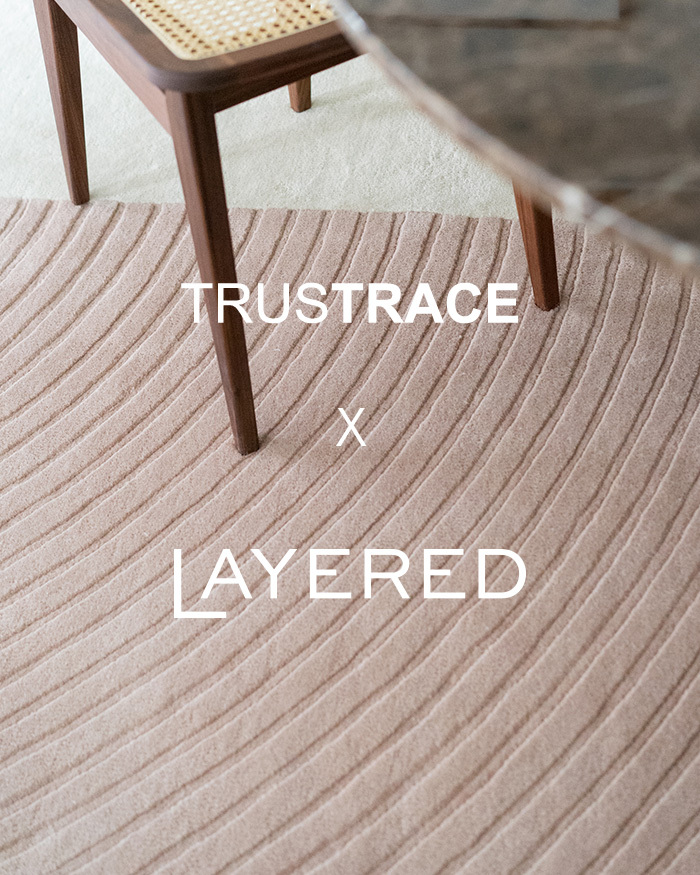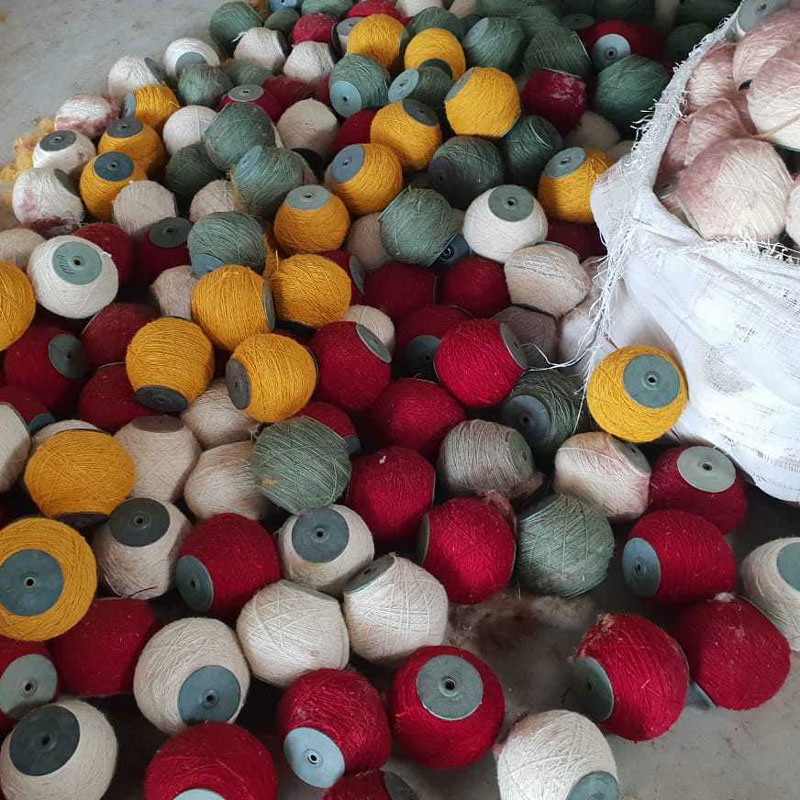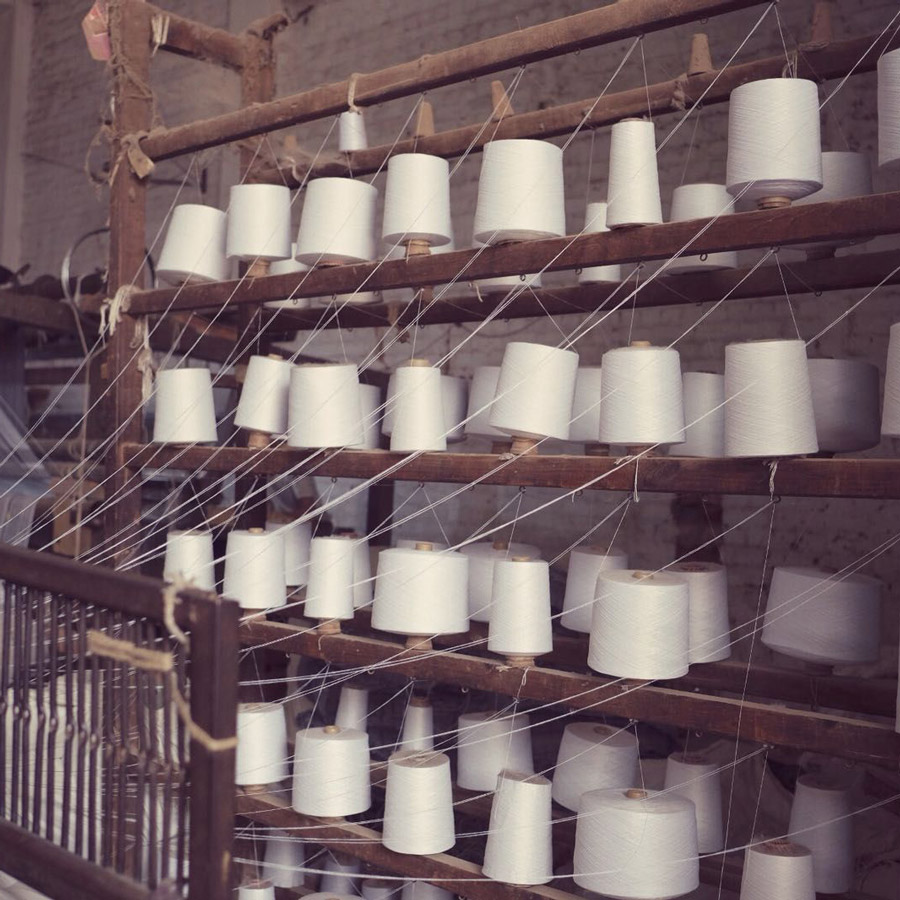
An interview with Trustrace Founder Hrishikesh Rajan
Tell us about yourself, Trustrace, and how come you started the company?
My name is Hrishi and I am the co-founder of Trustrace. We started Trustrace in 2016 because we wanted to bring transparency and traceability in supply chains. We’ve seen the ill-effects of not so great practices in the supply chain from where we come, which is originally from India.
Why is transparency important (within the manufacturing industry)?
It is important because most brands don’t know what is happening before tier 1, or their main producer /manufacturer. Even the consumers aren't aware of what kind of product they are buying. A lot of the, let’s say not good practices, are passed on to the lower parts of the supply chain, the mills, and the farmers, and so on. This is devastating for the local ecosystems in terms of environmental aspects, social aspects, etc. Transparency here is important because most of the products for retail are being exported to the western world, Europe, and the US, and for a change to happen it is important that brands and consumers become aware and take necessary action.
How will transparency help the textile industry (in India and globally) to be more sustainable?
Globally, I would say, it will help the consumers to make more informed choices.
They can contribute to more circular businesses, they can re-use the products that they have bought, and by this reduce the waste predominately, and also help how workers are being treated. From an Indian perspective, I would say that it helps local societies, for example with living wages and obtain a minimum standard of living.

What can a customer do to help to make the industry more sustainable?
The customer needs to start asking questions. Where is the product made and how was it made, so that the total ecosystem is taken care of.
What choices are most important to do as a customer in regards to sustainability?
As a customer, you need to start to make more informed choices. You need to ask the brands, where are the products coming from, how was it made, how can be re-used and how can the life of the product be extended.
Lot of resources such as energy, manual labor, water, etc that were put into the product. Customers need to understand that every time a product is discarded, it is going to turn up in a landfill in most cases and all the resources used would come to nought.
How do you see the future of sustainability?
So sustainability is not a ’good to have’ anymore. In a year or so it will become a hygiene factor for most products. This mindset is also driving regulations forward, so globally, we are seeing a lot of new regulations coming in regarding the use of water, the use of soil, wages, and so on. So the future will be changed, and with a combination of regulations and initiatives, we will move in the direction of a more sustainable industry, and it will be an exponential curve.
What are the next steps for you & Trustrace?
So what we want to do is to bring sustainability & traceability at scale to brands, large and small. We enable traceability for suppliers also at very very remote places and facilitate the steps of the supply chain that are very complex. By making each part visible, we can help make each step more sustainable in terms of environmental parameters, social parameters, ethical parameters, animal welfare, and so on. What Trustrace is trying to do is to simplify this process for both brands and suppliers, and make it more scalable so that everyone in the ecosystem can adopt.
How was it to work with Layered on this project?
It has been very interesting. Layered is the first brand we are working with that are producing rugs and furniture, so it was a slightly different experience. It was new for us to find out what kind of data needed to be collected, what certificates are used in this industry, and so on. It also opened up new doors for us in terms of furniture which is a very huge market. And that industry is not tackled in terms of sustainability the same way as for example the fashion industry, so we are interested in talking with more interior brands and see how we can work with them to make them more transparent and sustainable.
Do you think other interior brands will follow?
Definitely. I think a lot of brands will do that, especially since it will become the norm. They will measure, if not the same parameters, but some parameters, to show the progress in sustainability, and that in turn, will also lead to new models such as renting furniture, etc.